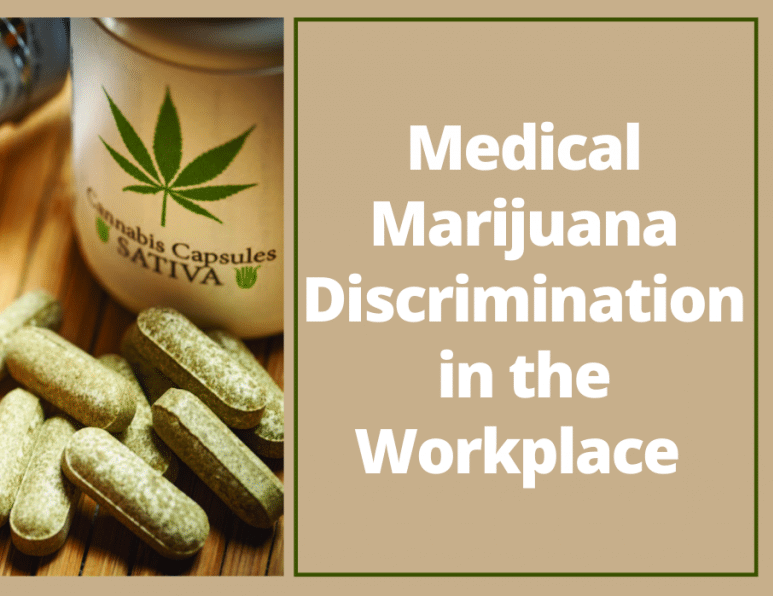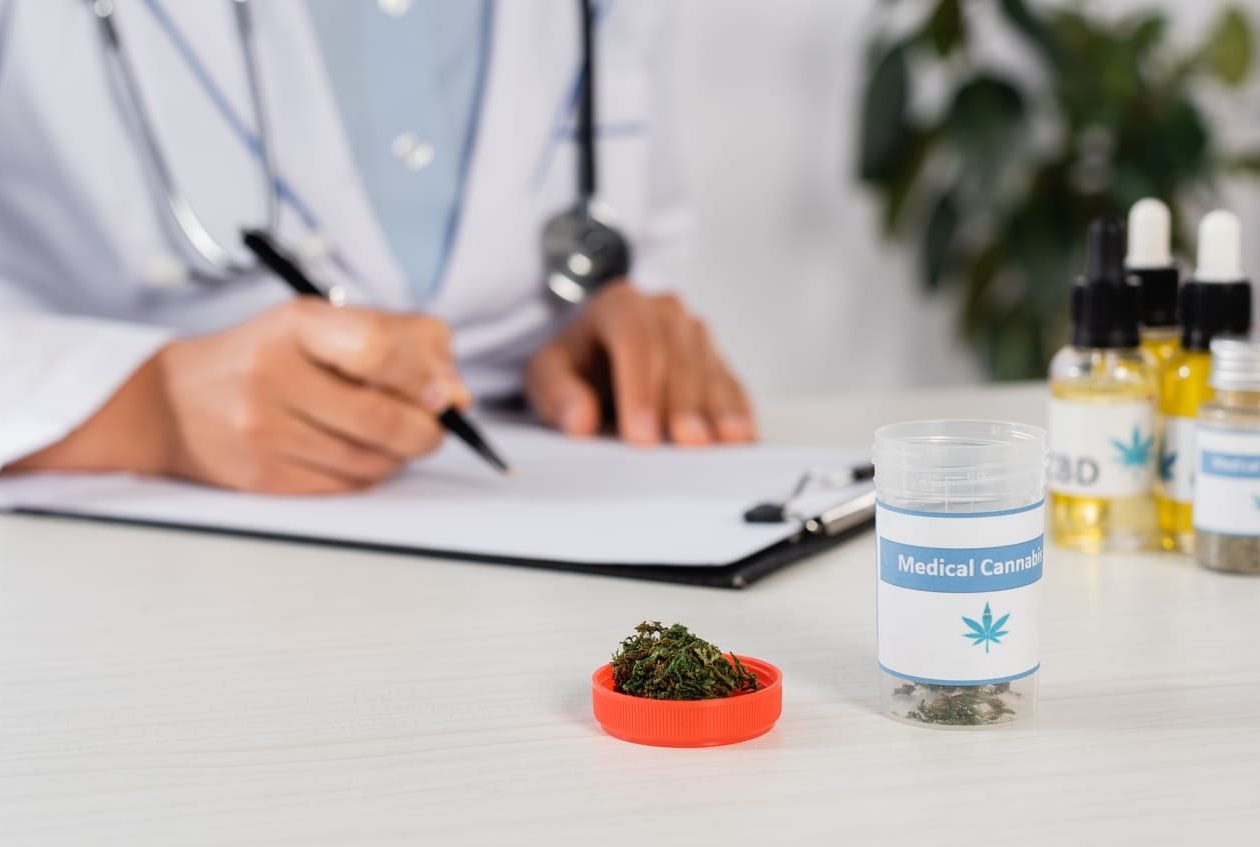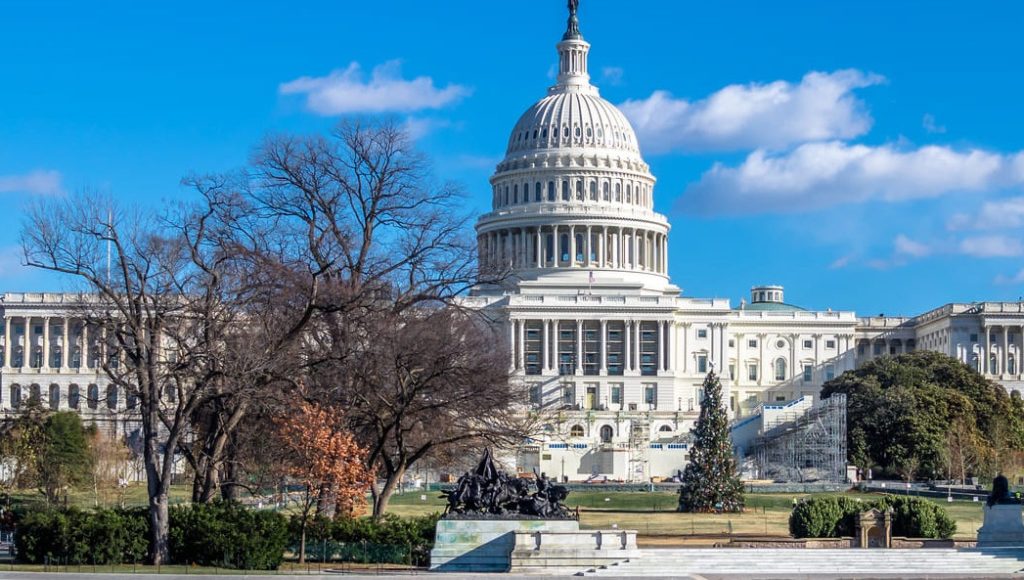
The Fee Is Free Unless You Win.
Top Rated Employment Law Firm
Protecting Families Since 1995
$400 Million Won
TABLE OF CONTENTS
Medical marijuana discrimination occurs when an employer makes negative employment decisions against an employee or job applicant because they legally use medical cannabis off the clock. While federal law still lists marijuana as a Schedule 1 illegal drug, many states do not. Furthermore, some of those states provide employees the right to work when using medical marijuana outside of work.
Some medical marijuana laws protect employment rights in several states across the country. Employees have the right to use medical marijuana outside of company time and off company property. They have the right to stay employed as long as they use marijuana outside of the workplace. However, they cannot be intoxicated on the job. Yet, state laws may prohibit employers from conducting drug screenings for marijuana unless they meet certain criteria.
While you may not have the federal government’s backing, your state may offer you protections when using medical marijuana. Know your rights! Allow the discrimination lawyers at the Derek Smith Law Group to help you fight for them.
Discrimination occurs when an employer, CEO, manager, supervisor, coworker, client, customer, or nonemployee makes negative employment decisions based on medicinal marijuana use. These actions are known as adverse employment actions. They may include:

People living in one of the 33 states allowing medical marijuana use can obtain a medical marijuana card from their physician. However, they must have one or more of the allowed medical needs to qualify for use.Individuals must go through a proper medical examination. They must receive a diagnosis in which medical marijuana can help.
Some of these ailments may include:
Nineteen states maintain laws protecting employees from any adverse employment actions relating to the specific legal use of medical marijuana.
The nineteen states include:
Once again, no federal laws protect people from adverse employment actions regarding medical marijuana. However, Pennsylvania, New Jersey, and New York are three of the nineteen states with employment protection laws.
The New York Compassionate Care Act also prohibits employers from taking adverse actions against employees or job applicants using medical marijuana legally. New York City’s employment laws also prohibit employers from conducting drug testing for marijuana unless in specific fields, such as:
The state laws are clear. Employers cannot use medical marijuana use and negative marijuana drug screening results to make any negative employment decisions. However, the laws also clearly state that employers do not need to accommodate medical cannabis users.
Employers do not need to provide smoke breaks. They do not need to allow employees to smoke on the job. Some laws allow employers to fire employees who are clearly impaired during working hours. These laws affect all marijuana users, even those with medical marijuana cards.
The Americans with Disabilities Act Amendment Act (ADAAA) prohibits employers from taking adverse actions against employees or job applicants based on disabilities. The ADAAA is a federal law. The federal government does not condone the use of medical cannabis. Therefore, it does not protect an employee’s rights to use it at work.
However, it does protect employees from disclosing why they use it. An employer cannot insist a person with a medical marijuana card disclose why they need the card. If the law protects employees from negative actions in their state, the employer only needs to know they have a legal right to use medicinal marijuana. They do not have the right to know how they obtained the card or why they have it.
The ADAAA does not prohibit discrimination based on medical marijuana use. However, state disability laws wherein medical marijuana is legal may protect an employee’s rights against employment discrimination.
The best way to determine your rights regarding medical marijuana discrimination in your state is to consult a qualified discrimination lawyer. Your discrimination lawyer can help you understand your rights and the best laws to help your claim.
Discover how our expertise has helped clients overcome their legal challenges and achieve successful outcomes.
View All TestimonialsDuring the time that I really needed a good counselor and I was approaching different attorneys unfortunately before they heard the problem they were demanding a retainer fee. A friend of mine introduced me to the Derek Smith Law Group and I was very fortunate to be answered by Matt Finkleberg who was very polite and understanding and gave me a lot of confidence without asking for any fees in f... Read Full Testimonial
Matt Finkleberg is by far the best attorney I’ve ever hired!
Matt Finkelberg is an outstanding attorney. It was a pleasure to have him represent me for my employment case. He was very easy to talk to. He was very supportive and knowledgeable throughout the whole process. He explained the entire process to me and kept me informed every step of the way. Matt fought diligently throughout my case to make sure my case was represented best. I am very gratef... Read Full Testimonial
Matt Finkelberg is a top notch lawyer. He is very easy to talk to and truly cared about me as his client. He definitely earned my trust and confidence in his capabilities to represent me in the most professional respects. I give Matt and his firm the Derek Smith Law Group my highest recommendation to anyone who is seeking legal help for employee/employer related matters.
Matt Finkelberg is a life saver. During this whole process not only did I have a great lawyer but I also made a great friend. Matt was very attentive to my case, and mental health. Matt helped me during probably the darkest time of my life and for that I am forever grateful to have came across the Derek Smith law group. As a past client, I 100% recommend Matt Finkleberg. Matt provides a safe sp... Read Full Testimonial
It was a pleasure to have Casey represent and help me for my employment case. It was my first time needing an attorney, so I was a bit apprehensive at first – Casey took the time to answer all of my questions and fully explain everything to me, which really put me at ease. He was very attentive, supportive, and knowledgeable throughout the whole process – Casey would ask questions to ensure... Read Full Testimonial
matt is an excellent attorney. he handled my case with the utmost care and highly exceeded all expectations. i could not recommend derek smith and esp. matt finkelberg enough
It was a pleasure to have Casey represent and help me for my employment case. It was my first time needing an attorney, so I was a bit apprehensive at first – Casey took the time to answer all of my questions and fully explain everything to me, which really put me at ease. He was very attentive, supportive, and knowledgeable throughout the whole process – Casey would ask questions to ensure... Read Full Testimonial
You will be in great hands at this firm! Alyssa the managing paralegal is an absolute professional who excels at what she does. You can tell she truly cares about providing the best service possible, and is passionate about helping her clients. With Alyssa at the helm, this firm is a top-notch choice for anyone seeking assistance. Highly recommend!
Matt Finkelberg is Amazing and Devotional! It was a pleasure to have Matt represent me for my employment case. He was very attentive, supportive, and knowledgable throughout the whole process. Whenever I reached out he responded promptly which I greatly appreciated. Matt fought diligently and hard throughout my case to make sure my case was represented best. Thank you again Matt for everything.... Read Full Testimonial
Olivia is absolutely outstanding! She understands the emotional side of your case while being able to find the legal aspects of holding the employer accountable for breaking the law! Made a really terrible situation a little easier by explaining everything and helping me get everything in order and in the right hands. I would not use anyone else! Call them for any sexual harassment case... You ... Read Full Testimonial
Our dedicated attorneys are ready to fight for your workplace rights and ensure justice!
In New Jersey, employees can file a suit in violation of the Jake Honig Compassionate Use Medical Cannabis Act. The lawsuit falls under the disability clause in the New Jersey Law Against Discrimination (NJ LAD). The statute of limitations to file a claim with the NJ LAD is two years.
Pennsylvania’s Medical Marijuana Act classifies those using medical marijuana as people with a serious medical condition. Under the Pennsylvania Human Relations Act (PHRA), people with a serious medical condition are classified as disabled employees. Therefore, anyone experiencing discrimination based on medical marijuana use can file a claim for disability discrimination under the PHRA. You must file claims within 180 days of the event.
New York’s medical marijuana law classifies people using medical marijuana as a person with a disability. Therefore, medical marijuana cardholders are disabled employees under the New York State Human Rights Law (NYSHRL). The NYSHRL prohibits employers from discriminating against any employee or job applicant based on a disability. The time limit to file a claim under the NYSHRL is three years.
Marijuana laws are changing rapidly throughout the country. New laws regarding the use of cannabis and medical cannabis are constantly enacted. Since the industry is ever-changing, you need an advocate who knows the laws and their constant changes to help you know your rights and fight for them.
Working with an experienced attorney will aid in your fight for your rights. Your attorney can help you draft your complaint under your appropriate state laws. They can help you gather the evidence to help prove your claim under the law.
Furthermore, your attorney can help you negotiate towards a fair settlement as quickly and effectively as possible. The goal is to help you receive relief for your ordeal without dragging the case out for years. However, if your employer refuses to settle, you need an attorney willing and able to stand by your side and fight with you in court.
Depending on where you live, the laws may protect your right to work and use medicinal marijuana. Do not let your employer deny you that right.
The dedicated disability discrimination attorneys at the Derek Smith Law Group can help you understand your rights and fight for them.
Do You Have Questions About Your Right to Work Even When Using Medical Marijuana? Please Ask Us Your Questions at 800.807.2209 or email derek@dereksmithlaw.com.

Our experienced legal team provides reliable services in key U.S. cities, ensuring expert assistance for workplace discrimination and employment law matters wherever you are located.
 New York City
New York City
 New Jersey
New Jersey
 Philadelphia
Philadelphia
 Miami
Miami
 Los Angeles
Los Angeles
 San Francisco
San Francisco
 San Diego
San Diego
 Washington DC
Washington DC
Our experienced employment lawyers are dedicated to resolving your workplace rights concerns with expertise and care.